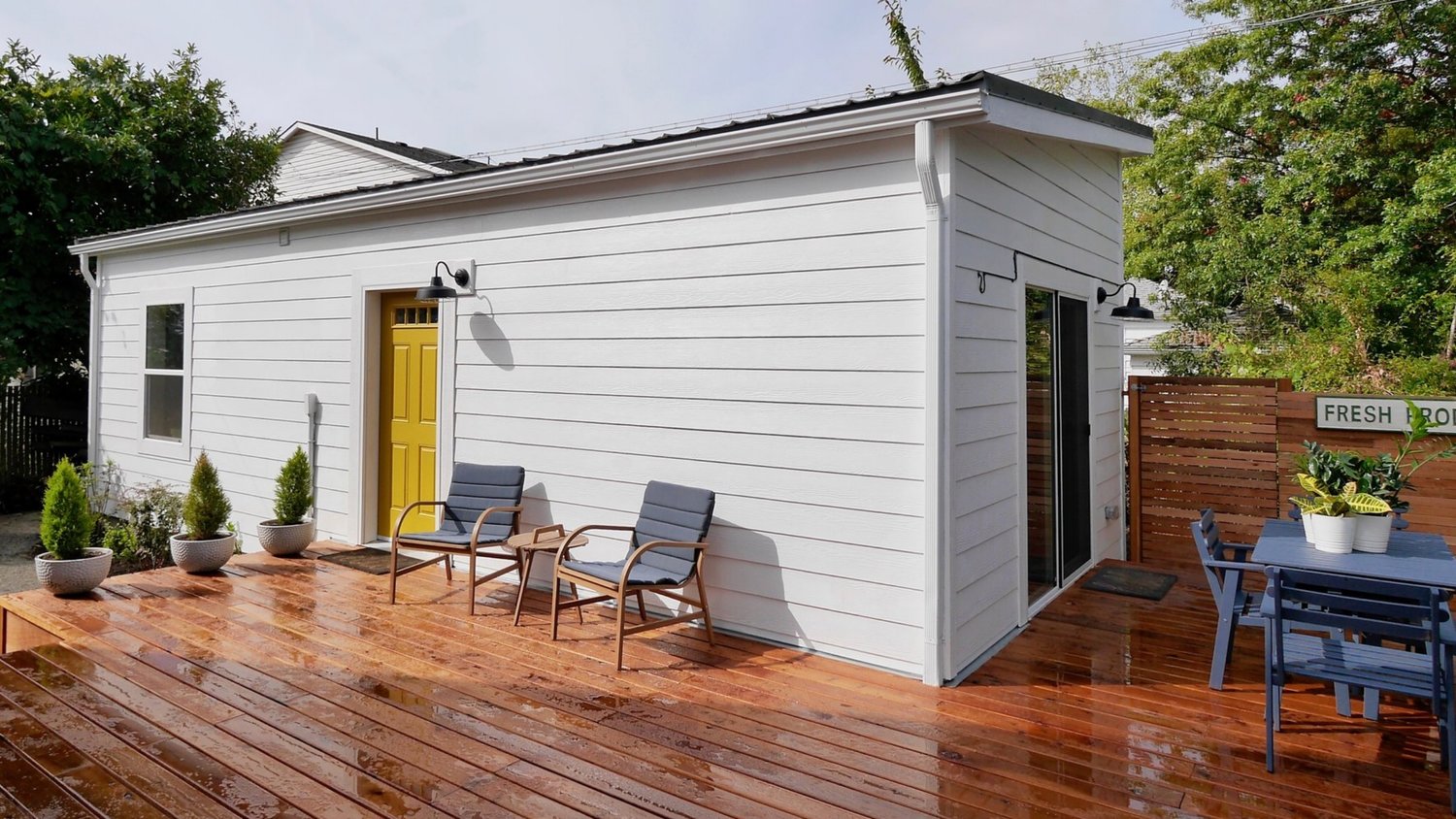Midterm rentals are properties rented for more than 30 days but less than a year. They are gaining attention as a smart investment strategy for homeowners and investors. These rentals have become more popular in recent years because they can bring in good money, even in today’s challenging housing market.
What Are Midterm Rentals?
Midterm rentals fall between short-term rentals (like Airbnb) and long-term rentals (leases for a year or more). These properties are rented for months at a time, often to people who need a temporary place to stay but not for just a few days. Midterm rentals became even more popular during the pandemic when many cities put rules on short-term rentals.
Who Stays in Midterm Rentals?
Midterm rentals work well for:
- Traveling Medical Staff: Nurses and healthcare workers often need a place to stay for a few months while working in different cities.
- Workers on Temporary Projects: Construction workers, consultants, and other professionals who travel for work prefer staying in midterm rentals over hotels.
- Families Trying Out a New City: People who want to move but aren’t ready to buy a home might rent a place for a few months to see if they like the area.
Why Invest in Midterm Rentals?
Midterm rentals can make more money than long-term rentals. This is because people staying for a few months often pay more than those who sign a year-long lease. Plus, midterm renters are usually professionals or families, so they tend to take better care of the home.
Unlike short-term rentals, midterm rentals don’t come with as many rules and regulations. This makes them easier to manage. Since people are staying longer, there are also fewer cleanings and turnovers, which saves time and money.
What Types of Homes Are Best?
Homes with 1-2 bedrooms are often the best fit for midterm rentals. This is because most midterm renters are single travelers, couples, or small families. A two-bedroom home where one room can be used as an office is also popular. Midterm renters look for places that are comfortable and well-kept, but the home doesn’t need to be fancy.
Where Should You Invest?
The best places for midterm rentals are cities or towns with:
- Hospitals and Medical Centers: Traveling nurses and healthcare staff often need nearby housing.
- Big Companies and Construction Projects: Workers coming in for temporary projects look for midterm rentals instead of hotels.
- Areas with Few Hotels: If there aren’t many hotels or the hotels are too expensive, people will prefer midterm rentals.
Examples of Good Markets: Cities like Seattle and Nashville are popular, but smaller towns and rural areas with business hubs can be great options too. Check if there’s demand by looking at how many hotels or other rental options are in the area.
Is Now a Good Time to Start?
Yes! The midterm rental market is still growing and not as crowded as short-term rentals like Airbnb. Experts say it’s like how short-term rentals were in 2012, which was a great time to get started. By investing in midterm rentals now, you can build experience and get ahead as more people find out about this type of rental.
Tips for Starting:
- Research Your Market: Know who will be renting and why. This could be medical workers, business travelers, or families.
- Start Locally: If you live in or near a city with a big hospital or major companies, consider starting there. You already know the area, which helps with setting prices and marketing.
Ready to Explore Midterm Rental Options in Portland?
If you’re interested in exploring midterm rental opportunities in Portland, I’d love to help! Whether you’re looking to invest or simply learn more, I can guide you through the process. Schedule a time to chat with me using my link, and let’s discuss your goals and options.


 Interested in making part of your property into a short term or vacation rental via Airbnb or VRBO? We have a great new connection for you!
Interested in making part of your property into a short term or vacation rental via Airbnb or VRBO? We have a great new connection for you! 